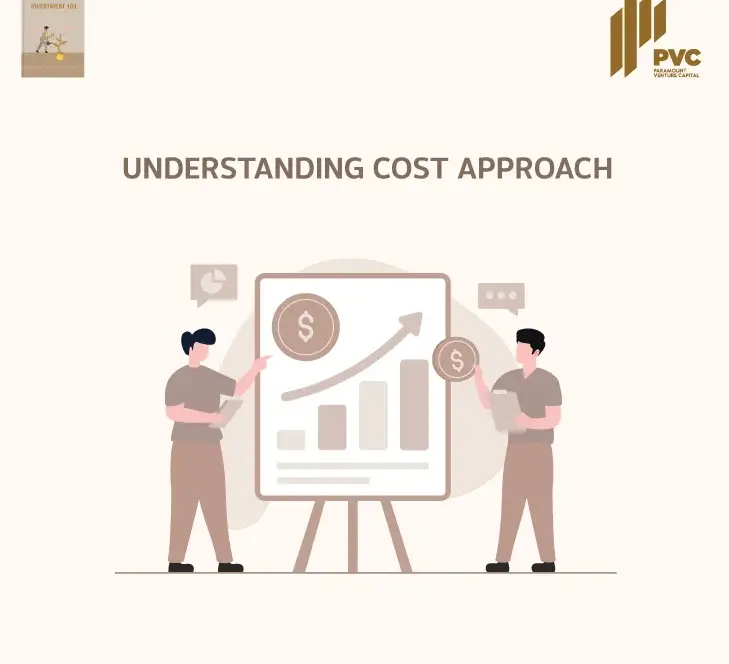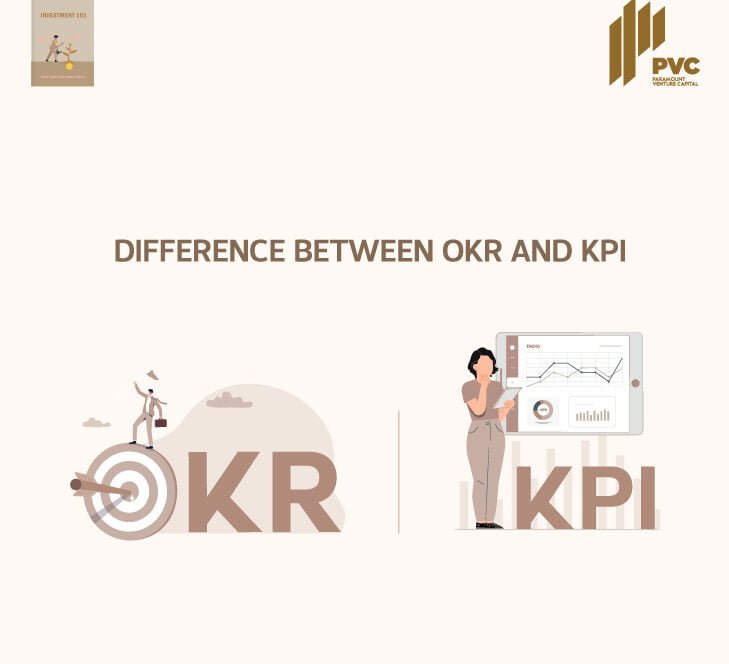Private Equity (PE) and Venture Capital (VC) are both forms of investment, but they differ in several ways:
𝟏. 𝐓𝐲𝐩𝐞𝐬 𝐨𝐟 𝐂𝐨𝐦𝐩𝐚𝐧𝐢𝐞𝐬: PE firms often take a majority stake in mature companies operating in traditional industries, usually those that are deteriorating due to operational inefficiencies. On the other hand, VC firms fund and mentor startups, often tech-focused companies that are growing rapidly.
𝟐. 𝐋𝐞𝐯𝐞𝐥𝐬 𝐨𝐟 𝐂𝐚𝐩𝐢𝐭𝐚𝐥 𝐈𝐧𝐯𝐞𝐬𝐭𝐞𝐝: PE requires substantial capital, which is why high-net-worth individuals and firms with deep pockets are involved. VC funding, however, can be smaller and comes from wealthy investors, investment banks, and specialized VC funds.
𝟑. 𝐄𝐪𝐮𝐢𝐭𝐲 𝐎𝐛𝐭𝐚𝐢𝐧𝐞𝐝: PE firms typically acquire majority shares in the companies they invest in, thereby gaining total control. Conversely, VC firms provide funding in exchange for a minority equity stake.
𝟒. 𝐂𝐨𝐦𝐩𝐚𝐧𝐲 𝐋𝐢𝐟𝐞𝐜𝐲𝐜𝐥𝐞: PE firms invest in established businesses, while VC firms get involved during the startup phase.
In summary, while both PE and VC involve investing in companies and aiming for a profitable exit, they differ in the types of companies they invest in, the amounts of money they commit, and the percentages of equity they claim.



